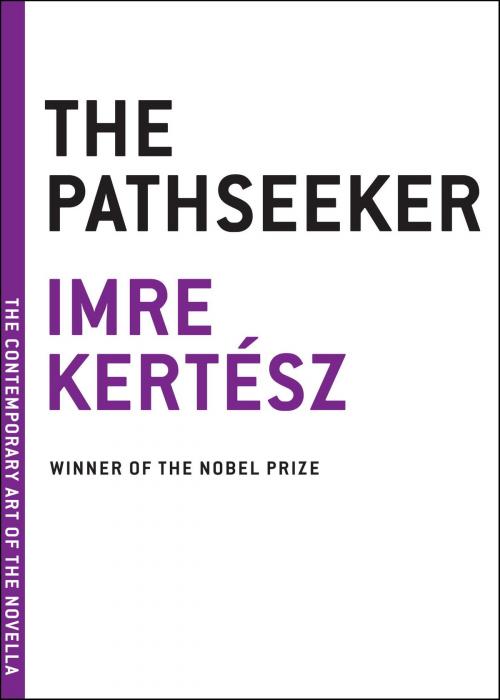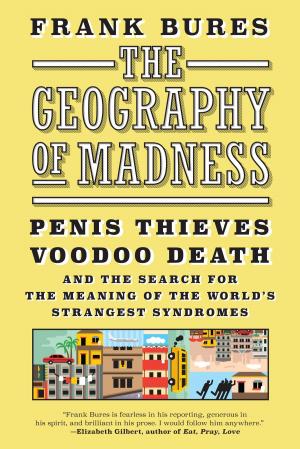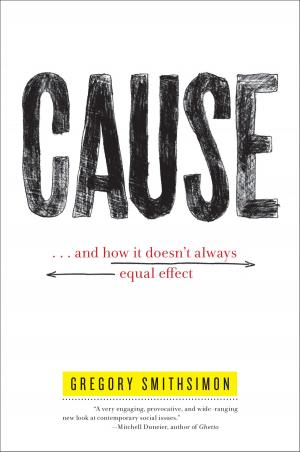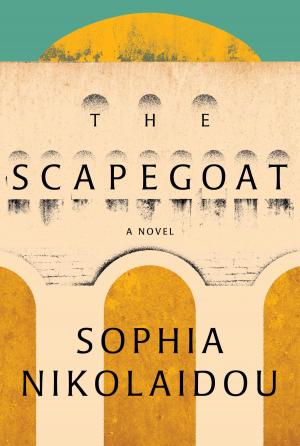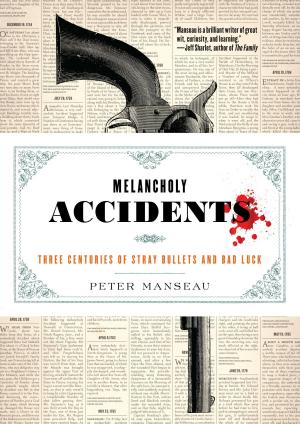| Author: | Imre Kertész | ISBN: | 9781612193274 |
| Publisher: | Melville House | Publication: | July 9, 2013 |
| Imprint: | Melville House | Language: | English |
| Author: | Imre Kertész |
| ISBN: | 9781612193274 |
| Publisher: | Melville House |
| Publication: | July 9, 2013 |
| Imprint: | Melville House |
| Language: | English |
"There's no such thing as chance...only injustice."
From the winner of the Nobel Prize for Literature for “writing that upholds the fragile experience of the individual against the barbaric arbitrariness of history..."
The acclaimed Hungarian Holocaust survivor Imre Kertész continues his investigation of the malignant methodologies of totalitarianism in a major work of fiction.
In a mysterious middle–European country, a man identified only as “the commissioner” undertakes what seems to be a banal trip to a nondescript town with his wife—a brief detour on the way to a holiday at the seaside—that turns into something ominous. Something terrible has happened in the town, something that no one wants to discuss. With his wife watching on fearfully, he commences a perverse investigation, rudely interrogating the locals, inspecting a local landmark with a frightening intensity, traveling to an outlying factory where he confronts the proprietors ... and slowly revealing a past he's been trying to suppress.
In a limpid translation by Tim Wilkinson, this haunting tale lays bare an emotional and psychological landscape ravaged by totalitarianism in one of Kertsz's most devastating examinations of the responsibilities of and for the Holocaust.
"There's no such thing as chance...only injustice."
From the winner of the Nobel Prize for Literature for “writing that upholds the fragile experience of the individual against the barbaric arbitrariness of history..."
The acclaimed Hungarian Holocaust survivor Imre Kertész continues his investigation of the malignant methodologies of totalitarianism in a major work of fiction.
In a mysterious middle–European country, a man identified only as “the commissioner” undertakes what seems to be a banal trip to a nondescript town with his wife—a brief detour on the way to a holiday at the seaside—that turns into something ominous. Something terrible has happened in the town, something that no one wants to discuss. With his wife watching on fearfully, he commences a perverse investigation, rudely interrogating the locals, inspecting a local landmark with a frightening intensity, traveling to an outlying factory where he confronts the proprietors ... and slowly revealing a past he's been trying to suppress.
In a limpid translation by Tim Wilkinson, this haunting tale lays bare an emotional and psychological landscape ravaged by totalitarianism in one of Kertsz's most devastating examinations of the responsibilities of and for the Holocaust.
